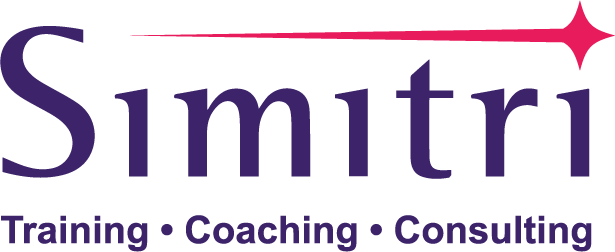Being able to exert influence is an essential skill in the modern business world. However, when the time actually arrives for us to influence someone, many of us make a classic beginner's mistake. We start off with comments that express our own point of view and major concerns and give little thought to the other person's position. The results are unfortunately predictable: instead of moving towards agreement, we incite argument. We encounter resistance rather than gain acceptance. Taking the right approach will greatly increase the chance of success. One aspect is to use effective questions in order to gain a more in-depth understanding of the person you are trying to influence. Here are a few quick tips to asking better questions:
Probing, not prying
Probing is a critical skill in the process of influencing. You need to probe to get extra information, to jog the other person's memory, to explore feelings and prompt more in-depth reflection about underlying motivations. On most occasions, it takes more than one question to get the information you need. Someone who knows how to probe tactfully tries to ask two or three questions on a specific topic to understand the key motivations, attitudes, and feelings of the other person. The best way to do this is by asking a follow-up question such as ''Why do you say that?" or "Can you tell me more?" or "Are there any other reasons?" Just remember that if probing is carried too far it becomes prying and that no one is inclined to answer questions put to them in an insensitive or thoughtless manner.
The leading question
By phrasing a question in a certain way, you can suggest the type of answer you want or lead the other person into a particular area. Here is an example: "I'd be interested to know how you allocate resources; how many people are in your team and how do you assign responsibilities?" The first part is "open-ended", the second part leads the respondent towards the area you are most interested in.
Tips on probing
Remember that it is not just what you ask, but also how you ask it. Therefore, use the appropriate body language and tone of voice. Also, plan a few key questions in advance and be mindful of asking them at a suitable time. Have a reason for each question and ask only one at a time. Most importantly, allow the other person to answer without interrupting them. Towards the end of the conversation, summarise and "sweep up" with a question like "Is there anything else I should know?"
